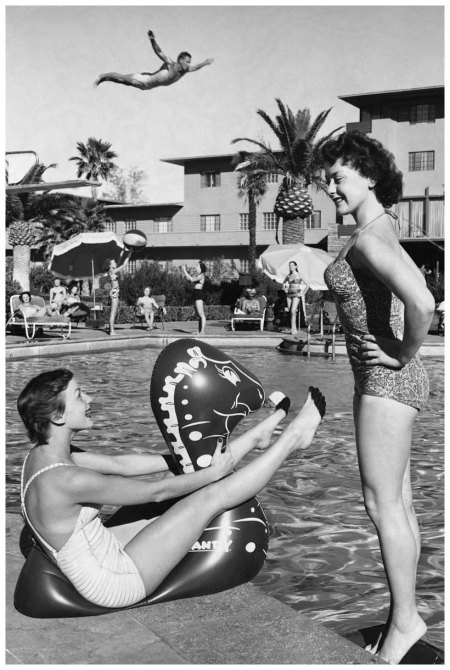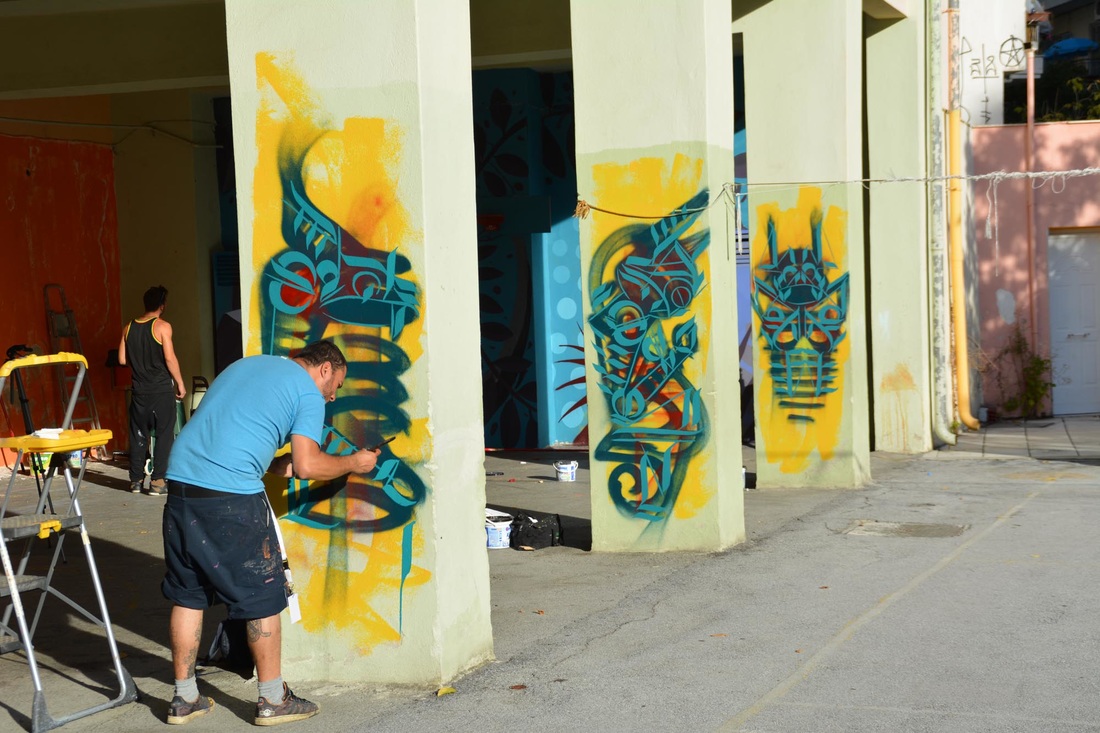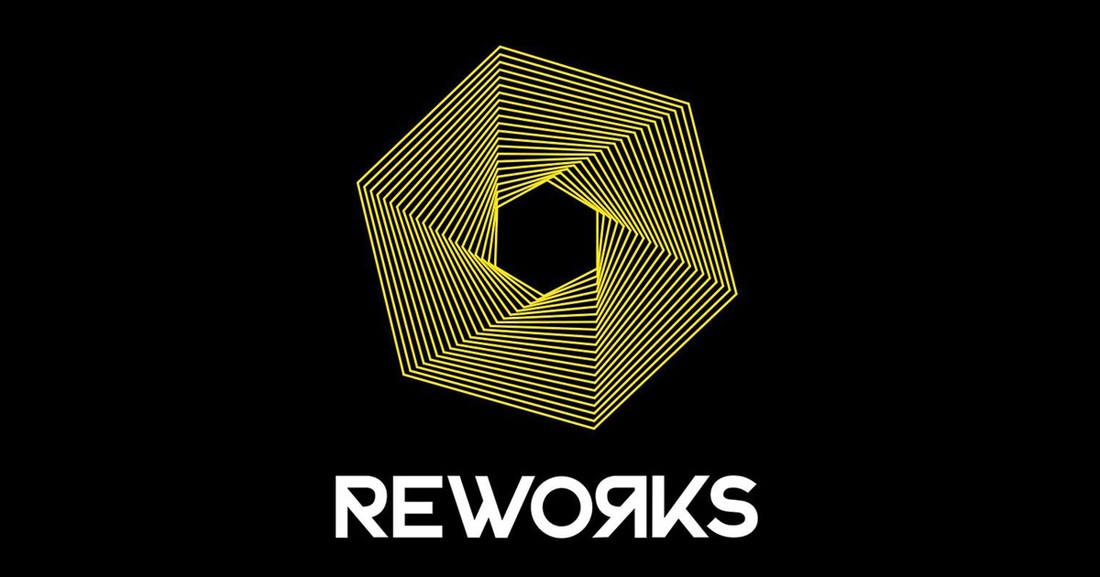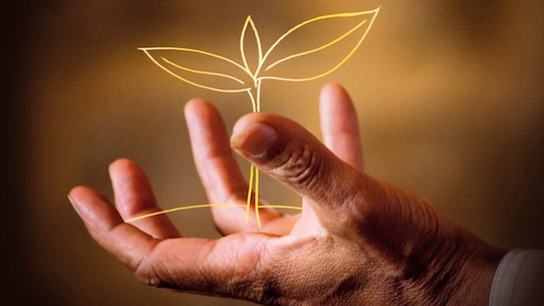|
We can distinguish 3 periods in the Mass Tourism History in the industrial countries :
1 - The mass tourism based on the notion of the quantity. From 45 to 75. Everybody knows the catch phrase: sea sex and sun! With a uniform tourism, only during summer holidays, the seaside resorts, and a heavy consumption after the Second World War. 2 - After the 75’s, until 21st century, the mass tourism more qualitative come. With the increase of the society of information. Here we talk about the development of the cultural tourism, the business tourism or the short trip. 3 - Nowadays, the mass tourism still exists but it becomes more diversified. We look for more quality, more security, more freedom, and the explosion of the urbanization, the individualism, the free time, or mass media develops others ways to see the tourism. Also others preoccupations than economical aspect, like environmental, social, or cultural aspects become essential for the tourism’s concept and the people’s mind. Ok. The “glorious thirty” era is older. But however, the mass tourism still attracts because we are in a society where we want again and again more, nothing is enough to satisfy us and the mass tourism permits to answer this needs. Last Sunday, the UrbanArtVentures one-day street festival took place in Thessaloniki. The volunteers of Praxis had the honor to meet and to accompany the street and graffiti artists throughout the day. The UrbanArtVentures event is furthered as an ERASMUS+ project by the European Union and works as a cooperative project by three organisations: Jugend- & Kulturprojekte e.V. from Dresden, Urban Act and karart-e. When we arrived at noon, the street artists had already begun with preparing the art installations, interventions and performances. We were welcomed by the coordinators Dimitris and Anthi from katart-e and interviewed them about the project and street art. Later, we were introduced to Kiriakos Iosifidis, coordinator for graffiti art and member of Urban Act, and after a quick interview he did us the huge favor of a Thessaloniki graffiti tour in his car. Then we arrived at a wall where 4 artists from the Netherlands, France and the UK were working. The French girls, of course, started talking with Benjamin Duquenne from France. Fascinated by insects, he tries to unite urban walls and nature in his art. A few years ago, he met Rocket01 and since then they have become friends and collaborate regularly. Klaas Lageweg uses what he calls real pixelism for his paintings of birds, they symbolize freedom for him, a freedom which he finds on big walls but which is hard to find in life. After that we continued to visit the graffiti artists on the parallel street. There, we talked to Benuz, a mexican artist living in Germany now. His style is completely unique creating texture with calligraphy. Around 6 pm the artists had either finished or stopped for a break, so we went back to the street with art installations. Since our departure a lot of things had changed and developed. The shelter was finished, the bread wall covered up and the popcorn prepared. At half past 8 the performances started, passer-bys stopped and the street filled. In the Toss Gallery previous work of the graffiti artists was presented. A big thank you to the coordinators, the organisations, the volunteers and the artists for taking a quick break to make an interview with us.
It was a pleasure to meet you! In many Earth areas, tourism is the first economical activity, as we can see in Greece for exemple. It has impacts on employments, bring a population mix, a circulation of informations... Here, I will deal specifically with tourism and travel cultural contribution, and with the advantages they bring with the creation of minds more open to the unknown. When I will write about travel or tourism here, it means « ethical tourism », where travelers are much more close to the local people than in mass tourism.
At the center of every travel is created a personal experience, a lived experience. In ourselves, travel develop different things. It brings an opening to other relations between us and the space, us and the others, us and the time. We learn to adapt and to integrate ourselves in an other environment and in an other culture. We change ourselves and become someone else when we are in contact with elsewhere. Travel become a school of life and teach us ethical relations with the others, which create more sharing and more opening. Symbolically, the travel would be a research of the truth : its aim would be to learn at the knowledge source, to free the mind of every illusions. According to Buddhism and Hinduism, travel would be a search of ourselves by the experience of other environments. Here, experience would become knowledge, and travel would answer to two quests : a deep desire of personal change, and a meeting with another world. Travel appear as a test, which is related many times in the Odyssey of Homer as the charcacter of Ulysse. It highlight the fact that travel is migration and acceptance of loosing your marks, firstly because you move in the space, and secondly because you're far from your daily environment. When he was living, the greek traveler seperated himself with political and social life of his own city. Go away here meant to put a distance between you and you're own culture, and meant to be different from the others. The reworks festival « Reworks is considered a touchstone for the music and creative arts in Greece and a showcase for new trends and emerging talent. It is a national meeting point for the musical youth of the country, and celebrated for its good value and quality programming. »
These two sentences sum up so well the reworks festival spirit : we arrived in Thessaloniki suburbs, in an area where it is first nothing extraordinary to look at. The reworks festival took place in the Milos club : we passed the entrance door with our bracelets, and entered in a yard of mix between old and charismatic buildings and a great party atmosphere. The music was already in full swing, young people were gathering in front of the biggest stage. First artists we were listening were Kodebostany band members, with an incredible remake of the song Crazy in love, with rap parts very well driven, and with their famous Castle in the snow which made everybody vibrate. Most of us have already try the all inclusive holidays. The princip ? Very easy let me give you the notice :
1. open your laptop 2. go on google and write something like : holiday/beach/sun and cheap of course (crisis crisis guy !) 3. wait 3 min and the idea of paradise for most us will appear on your screen For an unbeatable price ! They will cell you the fly, the five stars hostels, the private beach with fine sand and turquoise blue sea and of course a lot of local staff who will be there so that you felt as king. All of that for only 400€ here we go !! Of course you deserve it, you worked hard this year after all and then the children are going to be delighted there are organizers to take care of them in clubs inside the hostel. So it will be holidays for parents and children perfect !!! Summertime is arriving time to pack your bag and enjoy your trip. At the airport your children start to play with others in the waiting room and you start a discussion with the parents then you realise that you will be in the same hostel great ! When the plane lands no time to know where you are that we already put you in the bus for the hostel. Most of the time you arrive, you discover a place outside city with only hostels resorts. The staff is very kind with you they show you your room and you are happy to start your holiday. You spend a nice week, beach, nice cocktail, buy some souvenirs in the hostel’s shop. The week was too short, you come-back and you say to your friends people are so nice in this country is so beautiful and people have nothing but share everything and smile all the time ! But concretly what did you see of this country ? What did you share with native people ? What did you learn about the culture of this country ? And you know why it was so cheap ? Did you realise that all the staff are local but the manager most of the time come from europe ? Let me give you some answers, it’s cheap because the staff have a very low salary, yes you can think it’s good thing to go in this kind of countries because you contribute to the economy of the country but what is the difference between travel and consume ? By travel like that which relationship we established except client to subordinate ? Who benefits this mass tourism ? It is colonial inheritance and the new « soft » form of colonization. So next time before to click for book your holidays please think few minutes of the consequences of this kind of tourism. Manali.C La paix… un bien grand mot.
Wikipédia la définit en tant qu’ « état de calme ou de tranquillité, comme une absence de perturbation, d’agitation ou de conflit. Elle correspond aussi à un idéal social et politique. » Mais si l’on s’aventure dans les rues du monde entier, on s’aperçoit que pour l’enfant syrien la paix est ce qu’il recherche en fuyant les persécutions de son pays, que pour monsieur le Président la paix est la recherche d’un pouvoir équilibré avec les Etats voisins, que pour le petit agriculteur du Burkina Faso la paix définit sa façon d’être avec la nature, ou encore que pour le sans-abris au coin de ma rue la paix est une fausse réalité de notre pays. Un terme qui fait rêver certains et qui pour d’autres fait partie du quotidien. Difficile d’y voir clair. Le chercheur Paul Smoker m’a aidé à comprendre l’évolution du concept « d’une culture de la paix » dans sa publication « The Evolution of Peace Research » (Peace and Conflict Studies, 1994). Il fait émerger six concepts de la pensée de la paix qui virent le jour un à un à travers les époques : Today, Europe facing one of the most important migration crisis of her contemporary history.
Here, I would like to deal especially with the refugees situation. The fact to suffer of a constant threat in a country in war forced them to flee their own home, in order to reach peace. I would like to begin with an extract from an article which, I think, introduce very well the problem. It's extracted from peace and sport watch, and was written by Joël Bouzou : « Our government have known the reality of a growing refugee crisis for years, and Europe could have been better prepared for it. Migration flows have been part of human evolution and are part of our everyday life, not just our history. For some, traveling from one country to another is mere business or leisure, for others it is a question of life and death. Every day, all around the world, people have to take the most difficult decision of their lives; to leave their homes in search of a better life. Regardless of how they arrive in a country and for what purpose, migrants, refugees and asylum-seekers have rights as a human being and are technically protected under international law: – The Universal Declaration of Human Rights (Article 14), states that everyone has the right to seek and enjoy asylum from persecution in other countries. – The 1951 UN Refugee Convention protects refugees from being returned to countries where they risk persecution. » Migrants will be consider as refugees when they suffered human rights abuses or when they were persecuted because of who they are or what they believe in (religion, homosexuality...). However, even if international laws protect them, the everyday reality is not so welcoming : risky border crossings, detention centers, death, exploitation,... . From January to April 2015, approximately 1700 refugees and migrants died trying to cross the Mediterranean sea. These exemples makes the crisis very complex and urgent, and this situation push european states to find a solution in a very short time. Hopefully, even if several european states are still against the fact to host refugees, other states answered to this problem very actively, as the Germany. Moreover, there're more and more of them begining to take action, in order to host additional refugees or to regulate these flows in more legal ways. Of course there is still a lot of work to do in nations they entering, in order to ensure they are treated humanely, with dignity and respect, but this is a start to improve the situation, even if we're still very far from having solved this crisis. Mathilde Rouch by Sina Gösele in Thessaloniki from 20st to 29th September For this project 35 urban artists from all over Europe gather for nine days to take part in the UrbanArtVentures Project. Organised by Jugend- & Kulturprojekte e.V., the project wants to revitalise public space in Thessaloniki. Most of the time, the population of big cities have no influence on their urban environment and landscape which surrounds them every day. However, through street art, the local population can contribute to the development of these and therefore take part in the cities' community and cultural life. |
Categories
All
Archives
July 2024
|




